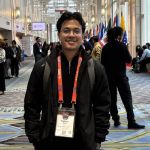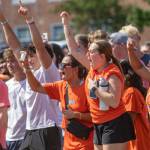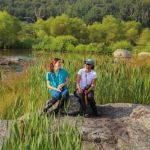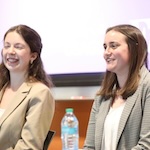
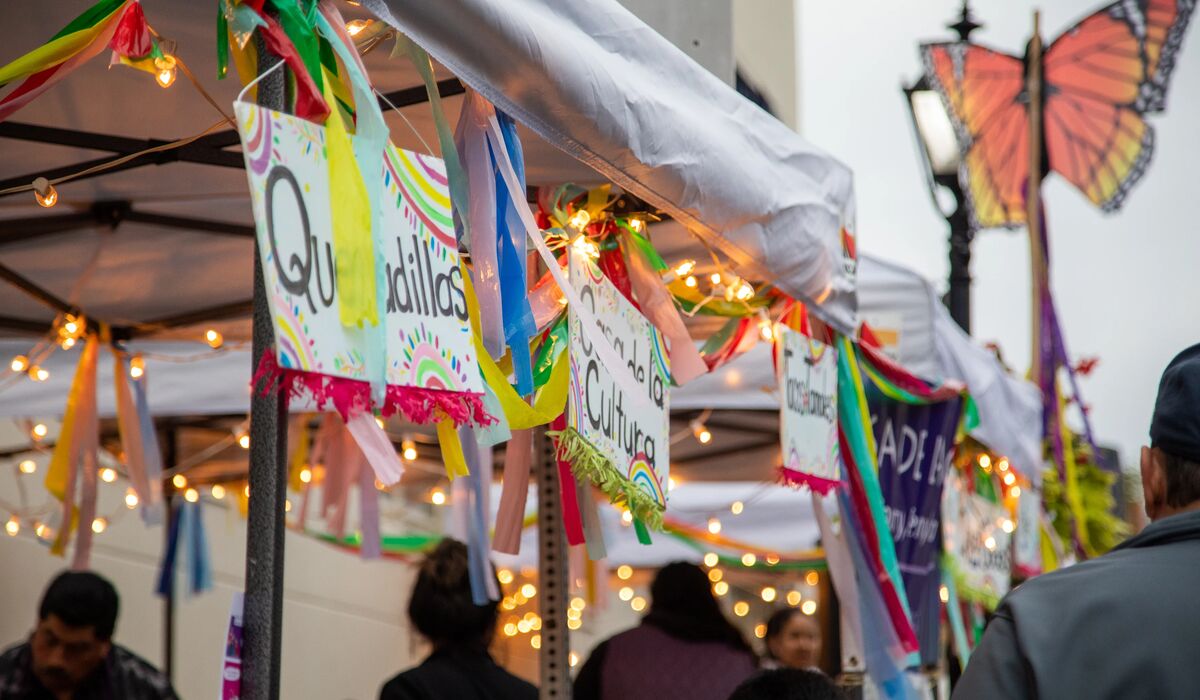
Gettysburg College students build meaningful connections with local residents through service, cultural exchange, and collaborative projects that strengthen community ties and foster mutual understanding.
Gettysburg’s location doesn’t just shape what students learn—it shapes how they connect. Through organizations like the Center for Public Service (CPS), campus clubs, and various academic departments, students form meaningful relationships with local residents, learning as much from the community as they contribute.
Megan Robles ’26 began volunteering at El Centro, an after-school program, as part of a Heritage Learners Spanish course. Her responsibilities included helping children with their homework and playing games, while exchanging English and Spanish skills. What started as an academic requirement soon blossomed into an immersive learning experience across numerous community programs and events.
“I was not aware of the large Latino/Hispanic community presence in Gettysburg until I started volunteering for various programs,” recalled Robles, who was born in Gettysburg and grew up in Mexico. “After volunteering for multiple programs, I became passionate about the work that CPS does for the community.”
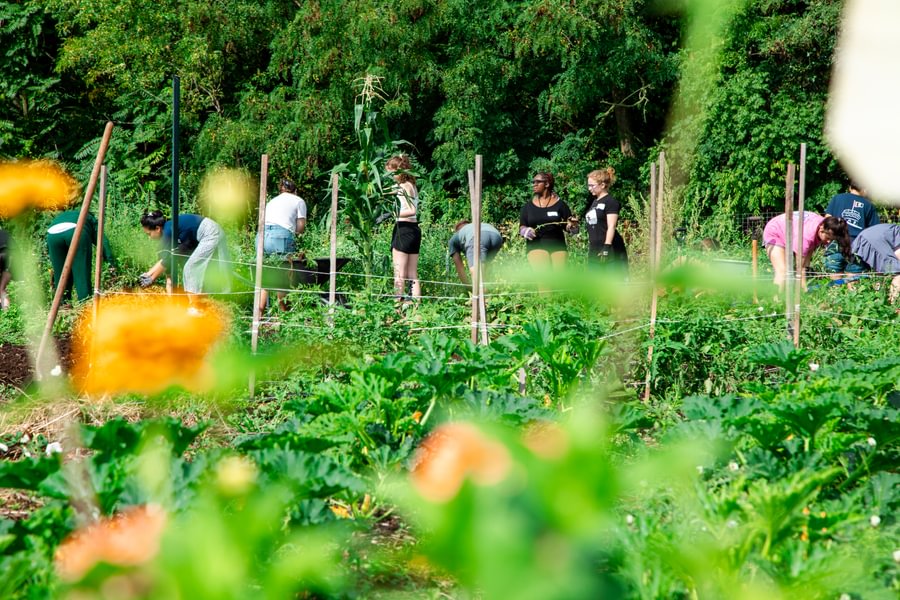
A Spanish and health sciences double major, Robles has participated in Salsa on the Square, a celebration of Hispanic and Latino heritage held each September in downtown Gettysburg, and contributed to language and cooking programs at Casa de la Cultura, a local organization focused on providing support and resources to immigrant families. As a junior, Robles was selected as a program coordinator for Project Gettysburg-León (PGL), which is a local non-profit organization that fosters cultural exchange and sustainable development between Gettysburg, Pennsylvania, and León, Nicaragua.
This past summer, she worked side-by-side with local families at the Painted Turtle Farm (PTF), located in the northwest corner of Gettysburg’s campus. Initially started as an organic student garden nearly two decades ago, PTF has grown into a community gathering space for students and local families to grow food together, learn about different cultures, and share common interests.
“I enjoy the community nights where the families come and take care of their veggies and talk among each other,” Robles said. “For me, the best way to learn about different cultures is by engaging in conversations, and sharing experiences, which PTF has offered me.”
Beyond CPS, faculty weave community engagement into their teaching. In Sunderman Conservatory of Music Director and Music Prof. James Day’s First-Year Seminar, Cultures of Possibility: Building Community through the Arts, students explore how art and the humanities influence culture, using Gettysburg’s public spaces and artistic expressions as a gateway to understanding the community.
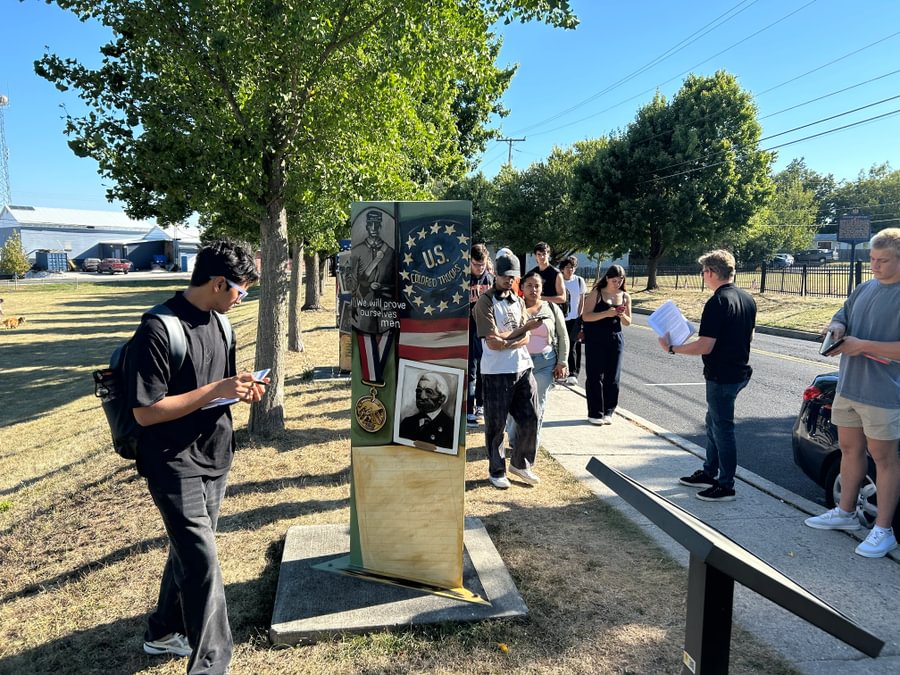
By visiting local galleries, meeting artists, and studying public art installations, students learn how creativity shapes cultural identity and fosters dialogue. This approach not only grounds them in the town’s vibrant arts scene but also invites them to consider the role of the humanities in building inclusive communities.
For CPS Director Jeff Rioux, whether through art, service, or shared meals, the goal is mutual respect and belonging.
“We study, research, and learn about this place so that we can contribute to the place we belong to,” he explained. “Our work is not about ‘using’ the land or the people—it’s about being part of the community and giving back.”
Through these experiences, students practice active citizenship—addressing social issues, supporting cultural initiatives, and building trust across communities. These connections last far beyond graduation, as alumni carry forward the values of empathy, service, and partnership nurtured here.
Read more:
By Corey Jewart
Photos courtesy of Abbey Frisco
Posted: 09/18/25
